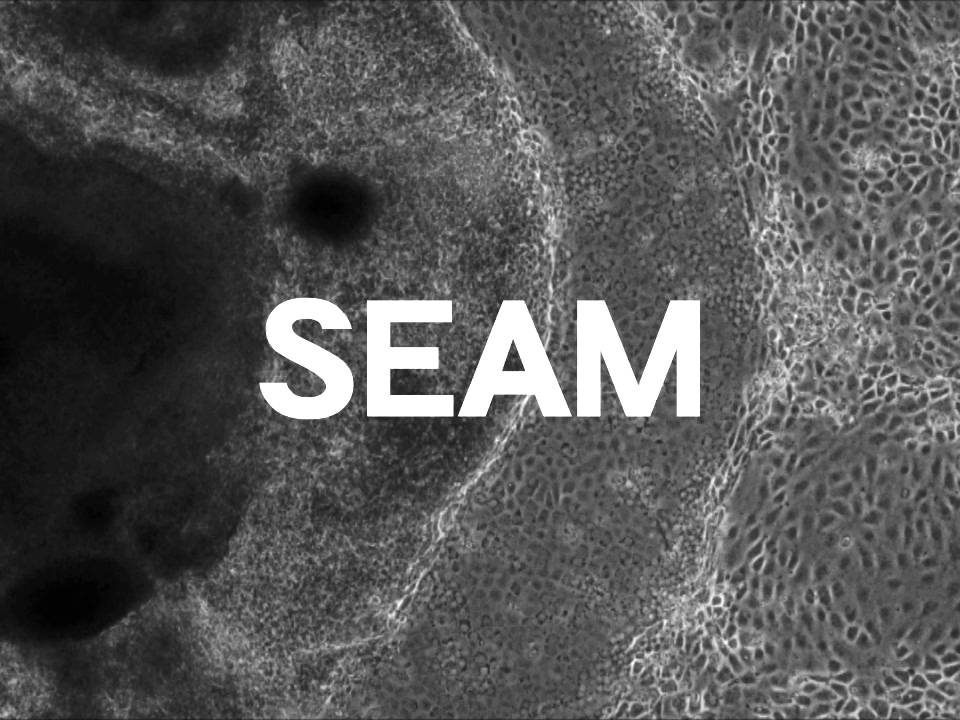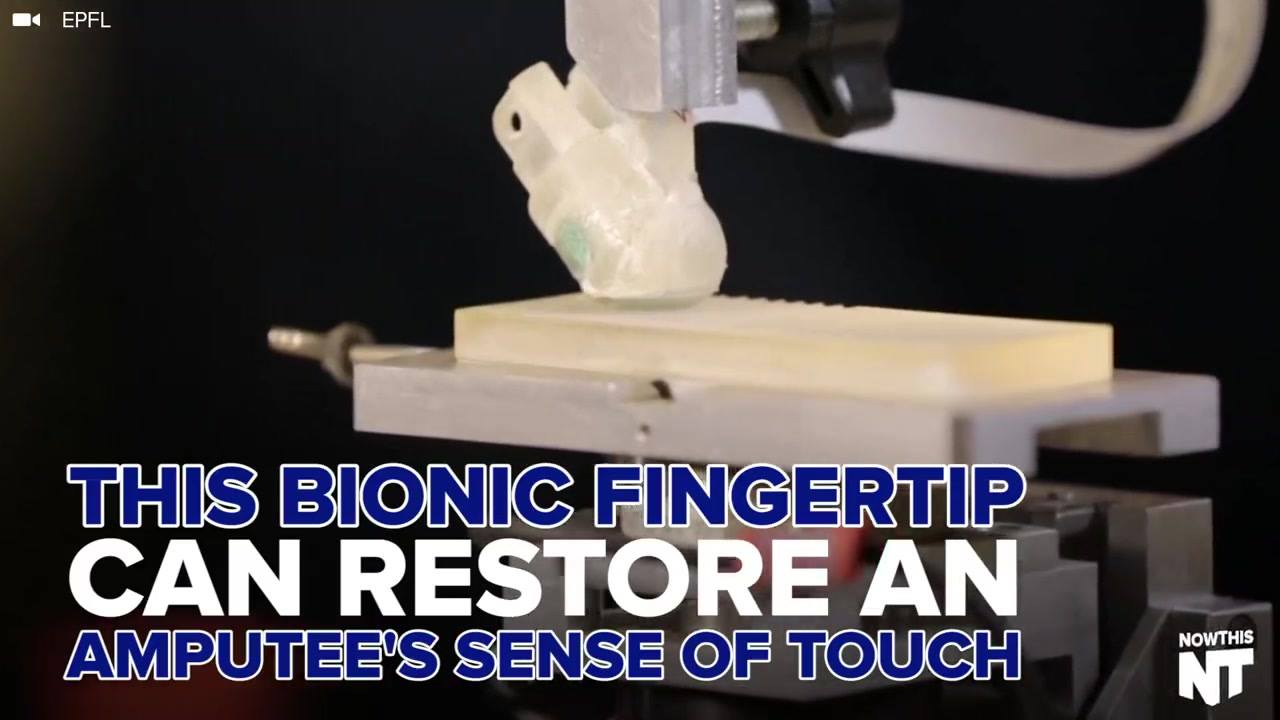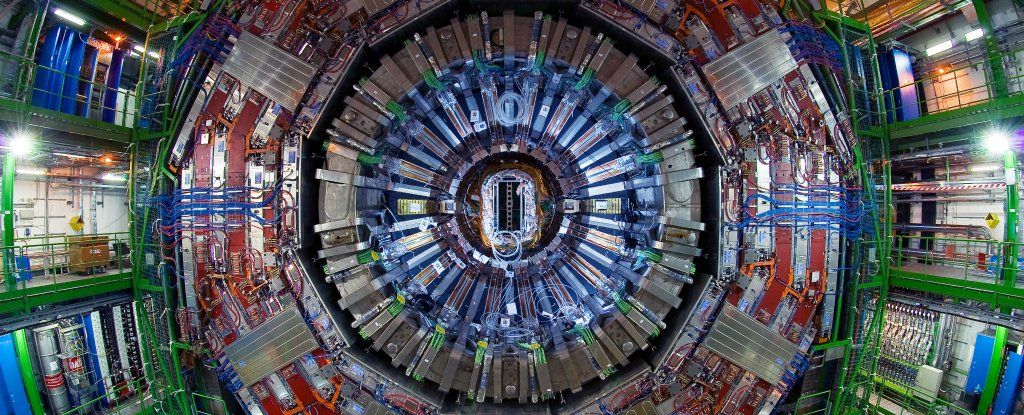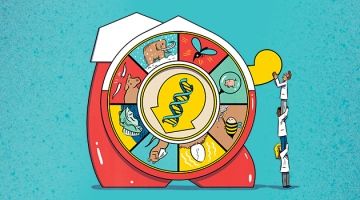Page 11320
Mar 9, 2016
This bionic fingertip can restore the sense of touch for amputees
Posted by Shailesh Prasad in categories: cyborgs, transhumanism
Mar 9, 2016
Graphene-Infused Bike Tires Automatically Get Softer While Cornering For Better Grip
Posted by Shailesh Prasad in categories: materials, particle physics, robotics/AI
Graphene, that atomic-scale super material that promises to revolutionize everything from batteries to robots, is already improving the cycling world. Vittoria’s new graphene-infused Mezcal and Morsa bike tires are lightweight, thin, grippy, and everything a cyclist wants in a tire without any tradeoffs.
Choosing what tires to put on your bike usually depends on the conditions in which you’ll be riding. Larger tires provide better grip and durability, but add weight to a bike, while smaller tires are lighter and sleeker but wear out faster and provide minimal traction.
But by adding graphene—that wonder new material made of carbon atoms arranged in a strong honeycomb pattern—Vittoria’s new G+, or Graphene Plus, tires exhibit wonderful new properties. When riding on straightaways, the dual-layer makeup of the G+ tires allows them to remain firm for lower rolling resistance and added speed. But when a cyclist is braking or cornering, the tires get soft for added traction and grip.
Mar 9, 2016
Chemists unravel their carbon ramen
Posted by Shailesh Prasad in categories: chemistry, materials, nanotechnology
Mar 9, 2016
New LHC results suggest there’s a flaw in the standard model of physics
Posted by Andreas Matt in categories: particle physics, space
Recent results from the Large Hadron Collider (LHC) in Switzerland hint at activity going on beyond the standard model of particle physics — which means we could finally be about to enter a new era in physics.
Right now, the standard model is the best explanation we have for how the Universe works and how it’s held together. But there are big gaps — most noticeably, the fact that the model doesn’t actually account for gravity — so scientists have spent decades probing the boundaries of physics for signs of any activity that the standard model can’t explain. And now they’ve found one.
The discrepancy deals with a particle called the B meson. According to the standard model, B mesons should decay at very specific angles and frequencies — but those predictions don’t match up what’s been seen in LHC experiments, suggesting that something else is going on. And if we can figure out what that is, it’ll take us closer to unlocking some of the mysteries in our Universe.
Continue reading “New LHC results suggest there’s a flaw in the standard model of physics” »
Mar 9, 2016
Scientists just grew vegetables in ‘Martian’ soil — but there’s a catch
Posted by Julius Garcia in categories: food, space
There’s no way of knowing how good our fake Mars soil really is — plus, the plants might be toxic.
Mar 9, 2016
Stem Cell Breakthrough Could Let Us Grow New Human Eyes
Posted by Julius Garcia in categories: biotech/medical, materials

https://youtube.com/watch?v=Rw1odkI0Nw8
Stem cell breakthrough grows new cornea material that restores some sight to blind rabbits in an experiment.
Modifying animals to improve food quality consumption.
Birds and bees are just the beginning for a burgeoning technology.
Mar 9, 2016
New York man sentenced to 16 years for trying to buy ricin on the ‘Dark Web’
Posted by Karen Hurst in category: futurism
Unbelievable
Prosecutors wrote Cheng Le “appears to have been motivated principally by greed and to have been prepared to embrace the ‘risk free’ murder of countless unnamed victims.”
Mar 9, 2016
Bottlenose adds two major data sources to supercharge its smart data discovery platform
Posted by Karen Hurst in categories: business, government
Smart data discovery company Bottlenose Inc has announced the addition of two major new sources to its ever-expanding data library: LexisNexis, which stores offline data from government, academic, and industry sources; and Flashpoint, which stores data from the deep web and the dark web.
Bottlenose co-founder and CEO Nova Spivack told me that these new integrations represent a huge boost in power for the platform, allowing businesses to better anticipate new threats and opportunities as they arise.
Spivack explained that by adding the data from LexisNexis and Flashpoint to Bottlenose’s existing sources, the platform can better detect new patterns as they form by comparing a variety of signals that might seem insignificant on their own.

















